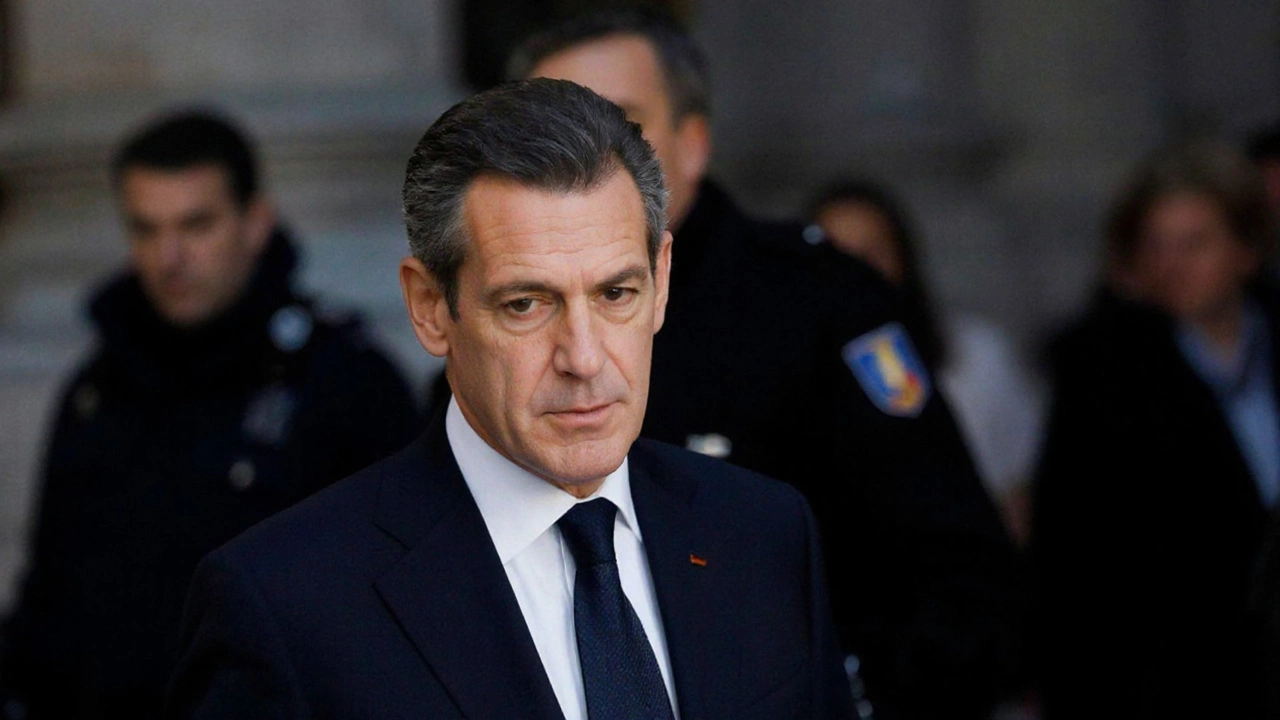26 Sep 2025
- 0 Comments
Background and the Court's Verdict
On September 25, 2025, a Paris criminal court delivered a landmark judgment: former President Nicolas Sarkozy was convicted of criminal conspiracy and sentenced to five years in prison. The conviction rests on allegations that his 2007 presidential campaign received more than $55 million in illegal contributions from the late Libyan ruler Muammar Gaddafi. Prosecutors argued that the money was intended to secure a favorable political climate for the new French president, allowing corruption at the highest levels once he assumed office.
The court did not stop at imprisonment. It imposed a €100,000 fine, a five‑year deprivation of civil, civic and family rights, and a five‑year prohibition on running for any elected position. Unlike a previous conviction where Sarkozy was allowed to serve his term under electronic monitoring, the judges ordered that this sentence be enforced immediately, even if he decides to appeal.
Following the ruling, the former president received a brief window to arrange his personal and professional affairs before reporting to authorities. He has been summoned by the National Financial Prosecutor’s Office for an October 13 hearing, where he will be given the exact date to register as an inmate. Legal experts estimate that, barring a rapid appeal, Sarkozy could be behind bars within weeks.
Broader Legal Context and Political Fallout
The case is the culmination of a decade‑long investigation that began when French financial watchdogs opened a probe into suspicious foreign money flows during the 2007 election. Three former ministers stood trial alongside Sarkozy; their verdicts varied, with some acquitted and others receiving lighter sentences.
Sarkozy has consistently rejected the accusations, labeling the prosecution a politically motivated witch‑hunt aimed at tarnishing his legacy. He has pledged to appeal every aspect of the decision, emphasizing his belief that the evidence is circumstantial and the trial was orchestrated by his political opponents.
Beyond the Libyan financing scandal, the former president’s name appears in three additional high‑profile investigations. The “Qatargate” inquiry examines alleged irregularities surrounding the awarding of the 2022 FIFA World Cup to Qatar. In the Lagardère‑Qatar case, prosecutors allege corporate vote‑buying schemes involving French media conglomerates. Finally, the Reso‑Garantia probe looks at consulting work Sarkozy purportedly performed for a Russian consortium. While he has not been formally charged in these matters, the investigations keep him under intense judicial scrutiny.
The sentencing has sent shockwaves through French politics. It is the first instance since World War II that a former head of state in the Fifth Republic faces a prison term. Analysts argue that the ruling could reshape public trust in political elites and embolden further anti‑corruption efforts across Europe. International observers are watching closely, noting that the case underscores growing willingness among European courts to hold powerful figures accountable for foreign money in domestic elections.
Should Sarkozy pursue parole, he would follow the same procedures as any other inmate, though the severity of his crimes and the historic nature of the judgment may influence parole board decisions. The French legal system also retains the option to convert part of the sentence into a suspended term, but any such move would require a separate judicial review.
For now, the former president remains in a legal limbo—preparing for a possible prison stint while simultaneously mounting an appeal that could overturn or reduce the penalties. The next few months will likely determine whether French justice will stand firm on this unprecedented conviction or whether procedural challenges will reshape the outcome.
